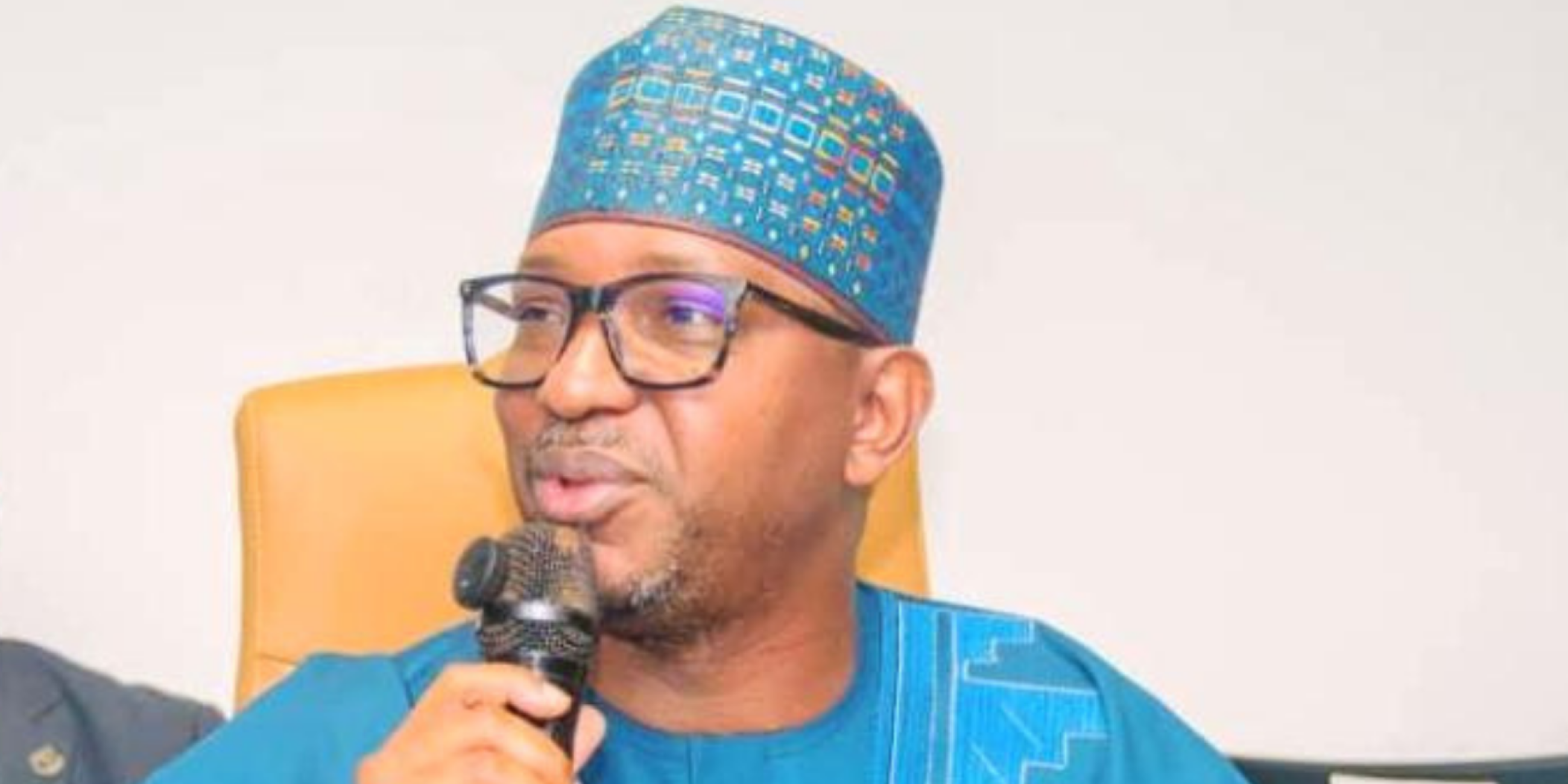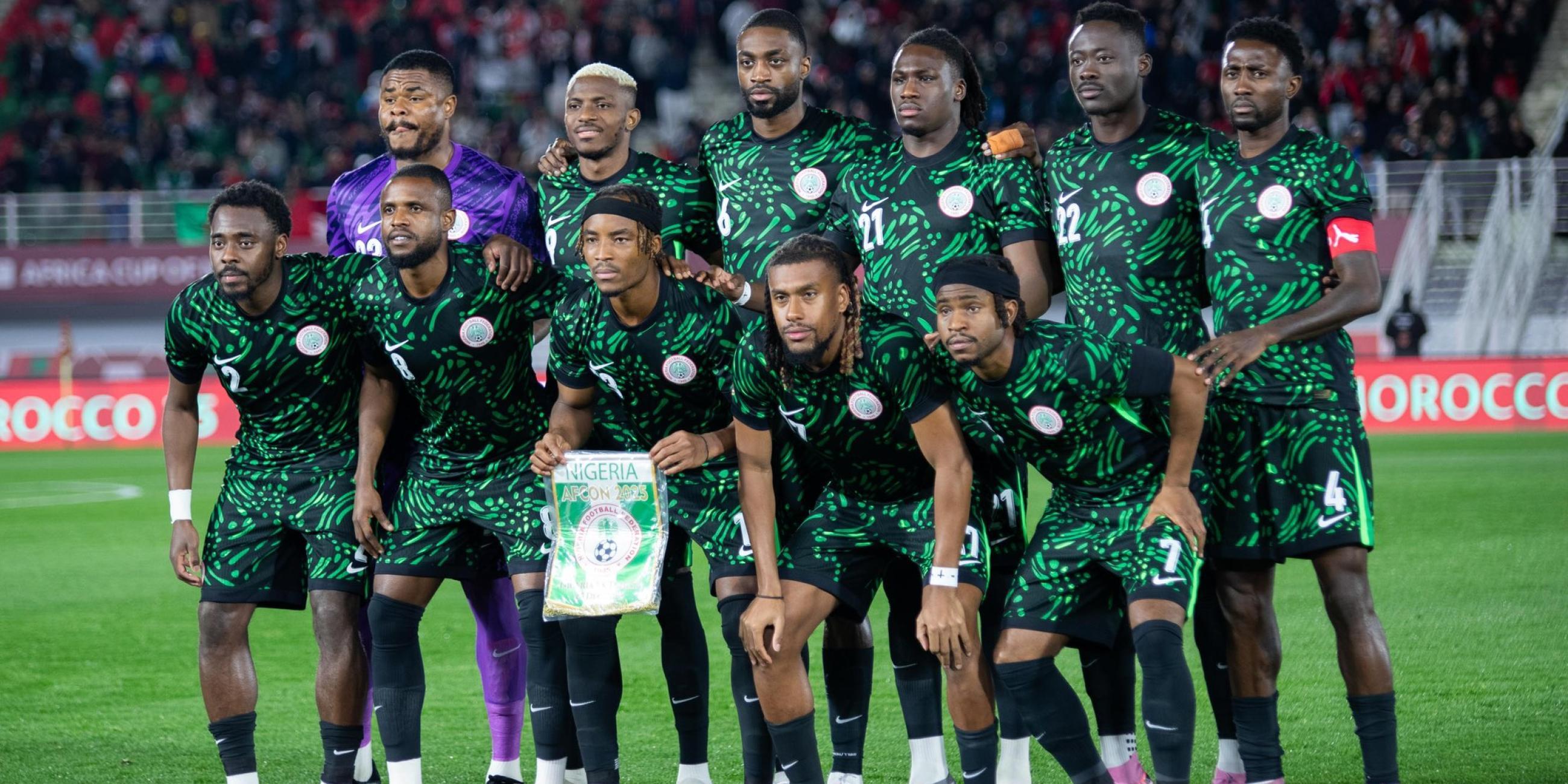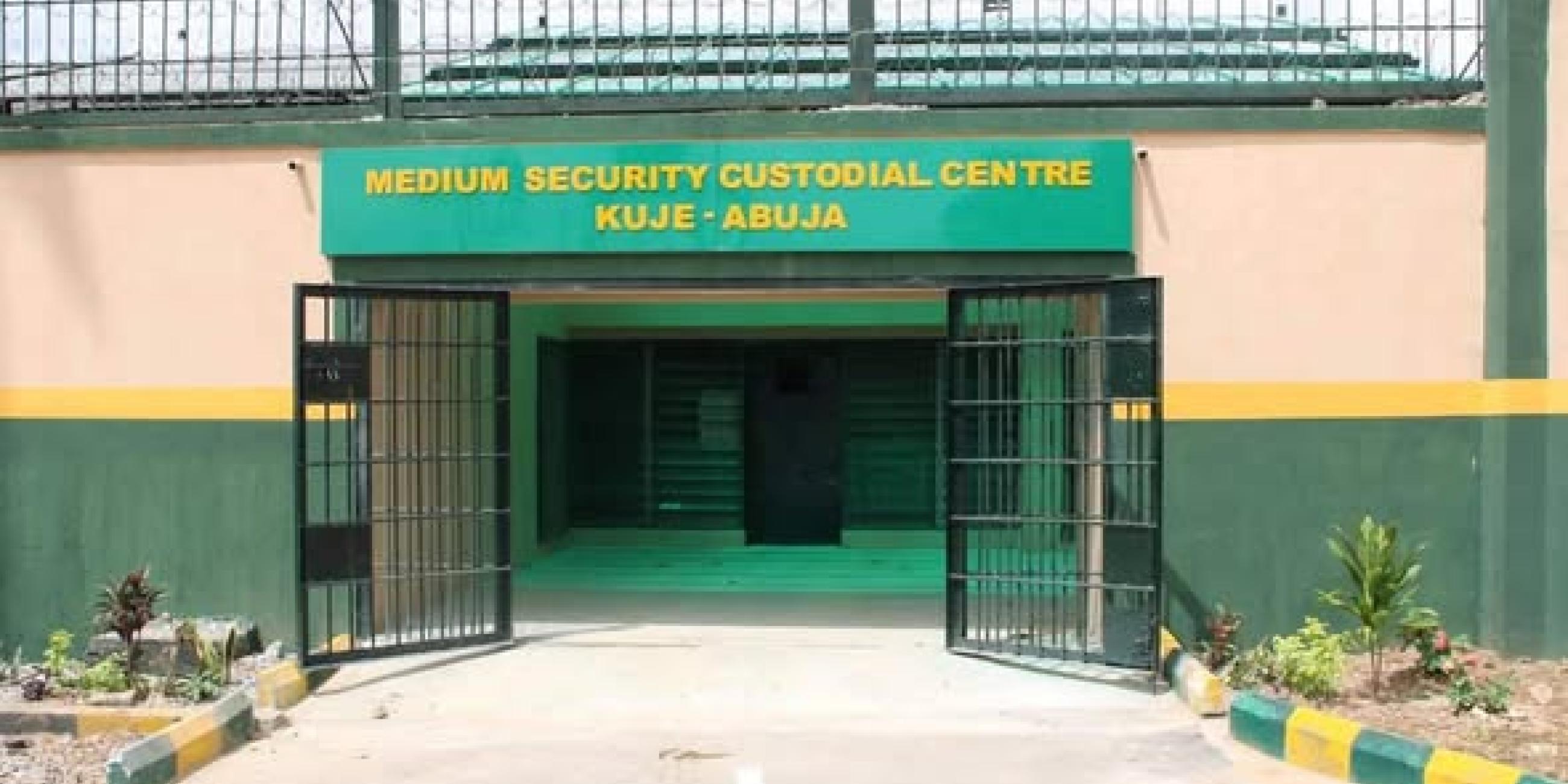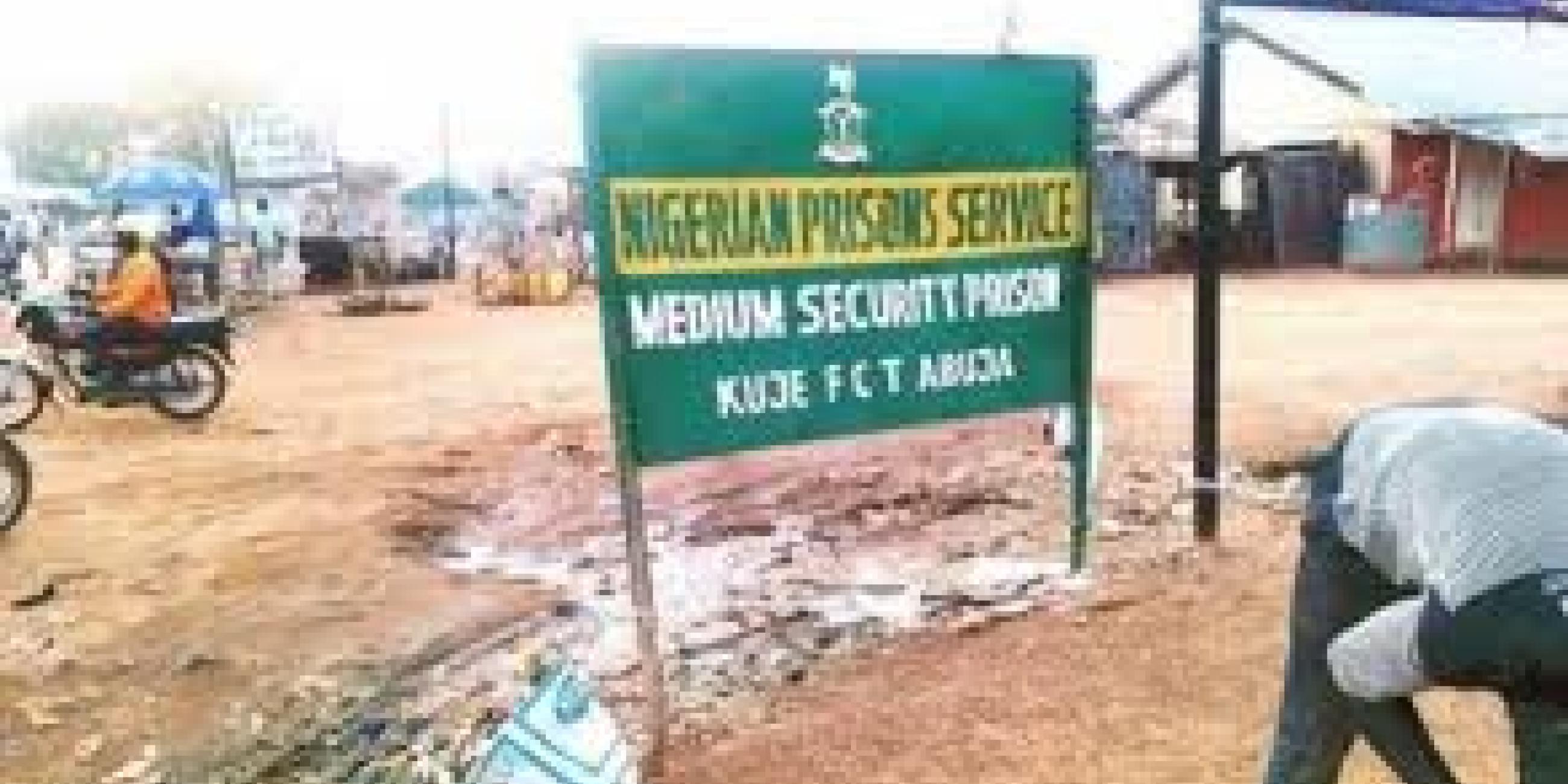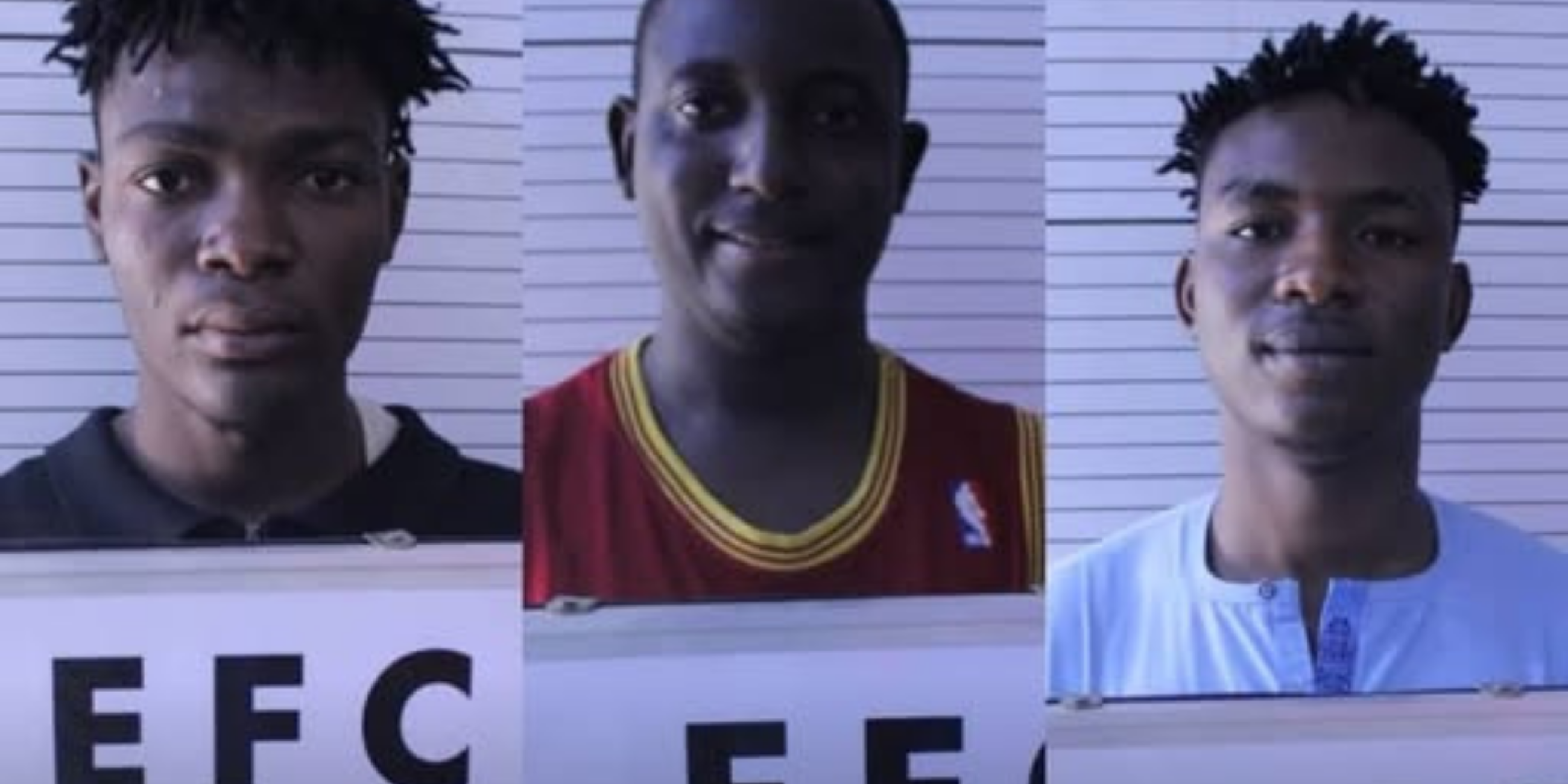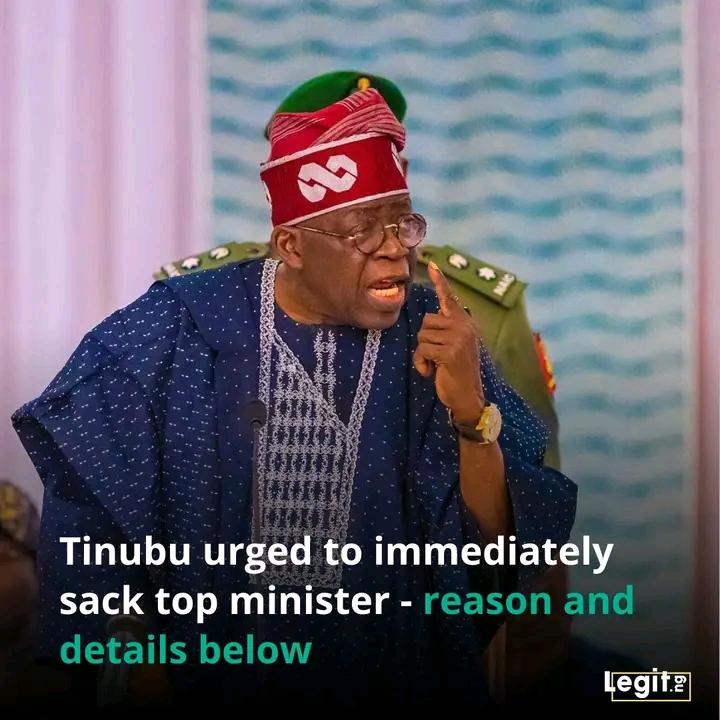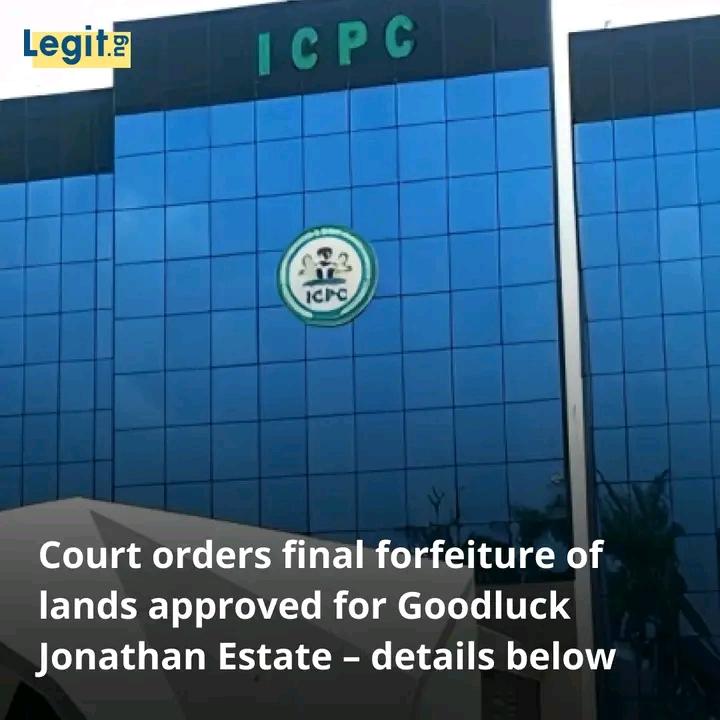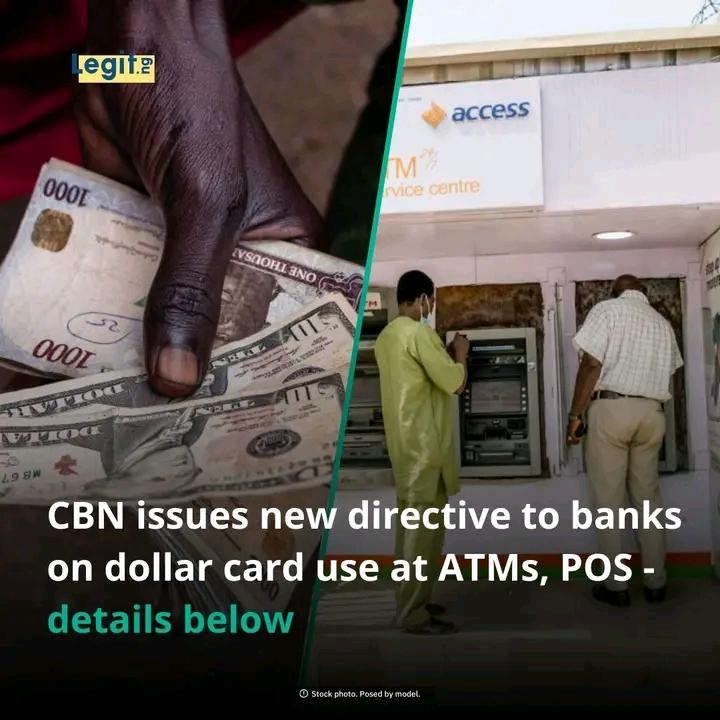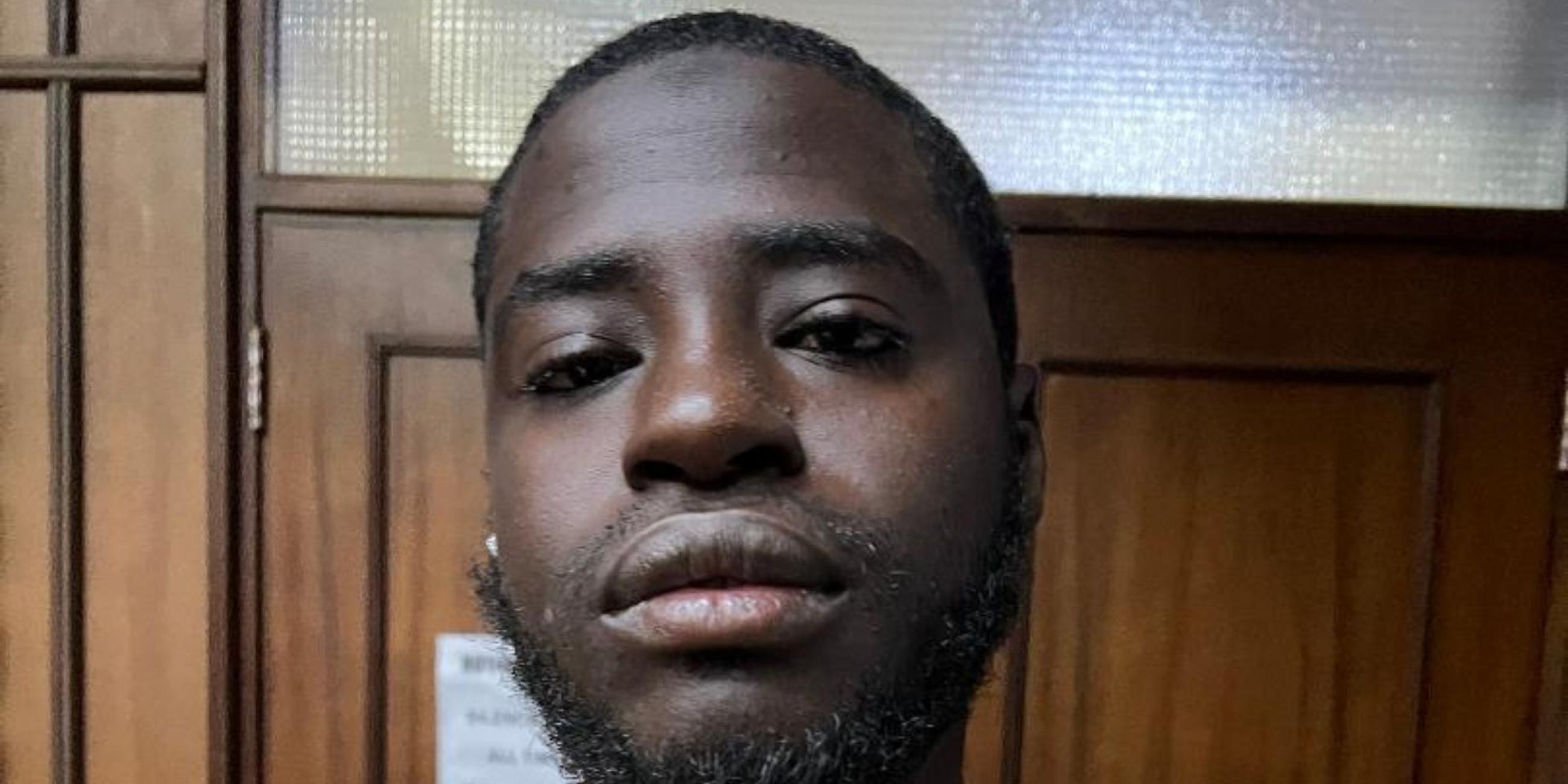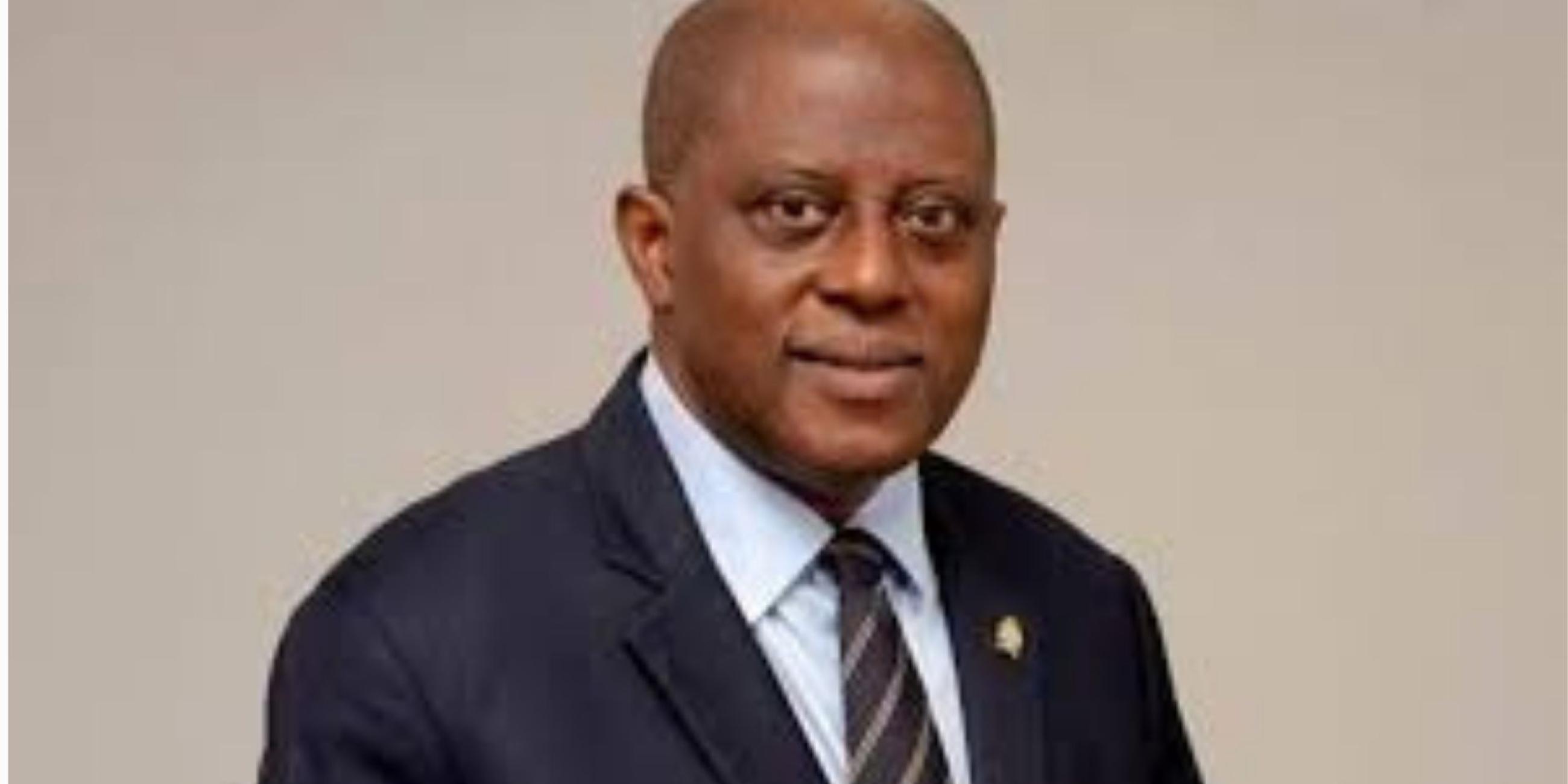AFCON Crisis: Will Nigerian Government Pay Super Eagles’ Bonuses Before Friday to Avert Algeria Match Boycott?
Tension has erupted in the Nigerian camp at the ongoing 2025 Africa Cup of Nations (AFCON) after reports emerged that the Super Eagles threatened to boycott their crucial match against Algeria unless outstanding bonuses are paid by the Nigeria Football Federation (NFF). The situation has triggered urgent intervention from the Federal Government, which now says the players will receive their entitlements by Thursday or Friday at the latest.
The crisis was first revealed by sports journalist Adepoju Tobi Samuel, who reported that the players had insisted on the full settlement of their match bonuses before travelling to Marrakech for the next fixture. The report was later corroborated by BBC journalist Olúwashínà Okeleji, who confirmed that both players and coaching staff were still awaiting payment.
“Players and coaching staff of
#Nigeria are waiting on
#AFCON2025 bonus payments,” Okeleji wrote, sparking widespread concern among fans who feared that administrative lapses could derail Nigeria’s title push.
In response to the growing backlash, the Minister of State for Finance, Dr. Doris Nkiruka Uzoka-Anite, issued a statement via her verified X account, assuring Nigerians that the matter was being resolved. According to the minister, the Federal Government, working with the Central Bank of Nigeria (CBN), had addressed the foreign exchange bottlenecks that had delayed payments to the players.
She explained that regulatory and currency conversion hurdles had slowed the disbursement process but confirmed that a fast-track system had now been implemented. “The Federal Government and the CBN have successfully streamlined the foreign exchange processing to ensure our players are rewarded without further delay,” she stated.
Uzoka-Anite further revealed that group-stage bonuses had already been approved and cleared, and that the final stage of payment was underway. “The final transfers to domiciliary accounts are currently in flight. Players can expect these funds to reflect starting today (Thursday) or tomorrow (Friday),” she said.
Beyond resolving the immediate crisis, the minister also announced plans to institutionalise a faster and more transparent payment framework for future tournaments. She noted that the new system would ensure predictable and timely disbursements aligned with international best practices, preventing a repeat of the long-standing bonus disputes that have plagued Nigerian football for years.
The controversy has reignited public debate about athlete welfare, administrative efficiency within the NFF, and the impact of off-field issues on on-field performance. Analysts warn that financial uncertainty at critical moments can distract players and undermine team morale, particularly in high-stakes knockout matches.
Despite the tension, the government maintains that its priority is the team’s success at AFCON. “Our focus remains entirely on supporting the team’s welfare so they can maintain their incredible momentum in the knockout rounds,” Uzoka-Anite said, concluding with an optimistic message: “We move forward with one goal: Bringing the trophy home!”
As Nigeria prepares for the decisive clash against Algeria, all eyes remain on whether the promised payments will arrive in time—and whether the crisis will be resolved without disrupting the Super Eagles’ campaign for continental glory.
AFCON Crisis: Will Nigerian Government Pay Super Eagles’ Bonuses Before Friday to Avert Algeria Match Boycott?
Tension has erupted in the Nigerian camp at the ongoing 2025 Africa Cup of Nations (AFCON) after reports emerged that the Super Eagles threatened to boycott their crucial match against Algeria unless outstanding bonuses are paid by the Nigeria Football Federation (NFF). The situation has triggered urgent intervention from the Federal Government, which now says the players will receive their entitlements by Thursday or Friday at the latest.
The crisis was first revealed by sports journalist Adepoju Tobi Samuel, who reported that the players had insisted on the full settlement of their match bonuses before travelling to Marrakech for the next fixture. The report was later corroborated by BBC journalist Olúwashínà Okeleji, who confirmed that both players and coaching staff were still awaiting payment.
“Players and coaching staff of #Nigeria are waiting on #AFCON2025 bonus payments,” Okeleji wrote, sparking widespread concern among fans who feared that administrative lapses could derail Nigeria’s title push.
In response to the growing backlash, the Minister of State for Finance, Dr. Doris Nkiruka Uzoka-Anite, issued a statement via her verified X account, assuring Nigerians that the matter was being resolved. According to the minister, the Federal Government, working with the Central Bank of Nigeria (CBN), had addressed the foreign exchange bottlenecks that had delayed payments to the players.
She explained that regulatory and currency conversion hurdles had slowed the disbursement process but confirmed that a fast-track system had now been implemented. “The Federal Government and the CBN have successfully streamlined the foreign exchange processing to ensure our players are rewarded without further delay,” she stated.
Uzoka-Anite further revealed that group-stage bonuses had already been approved and cleared, and that the final stage of payment was underway. “The final transfers to domiciliary accounts are currently in flight. Players can expect these funds to reflect starting today (Thursday) or tomorrow (Friday),” she said.
Beyond resolving the immediate crisis, the minister also announced plans to institutionalise a faster and more transparent payment framework for future tournaments. She noted that the new system would ensure predictable and timely disbursements aligned with international best practices, preventing a repeat of the long-standing bonus disputes that have plagued Nigerian football for years.
The controversy has reignited public debate about athlete welfare, administrative efficiency within the NFF, and the impact of off-field issues on on-field performance. Analysts warn that financial uncertainty at critical moments can distract players and undermine team morale, particularly in high-stakes knockout matches.
Despite the tension, the government maintains that its priority is the team’s success at AFCON. “Our focus remains entirely on supporting the team’s welfare so they can maintain their incredible momentum in the knockout rounds,” Uzoka-Anite said, concluding with an optimistic message: “We move forward with one goal: Bringing the trophy home!”
As Nigeria prepares for the decisive clash against Algeria, all eyes remain on whether the promised payments will arrive in time—and whether the crisis will be resolved without disrupting the Super Eagles’ campaign for continental glory.










